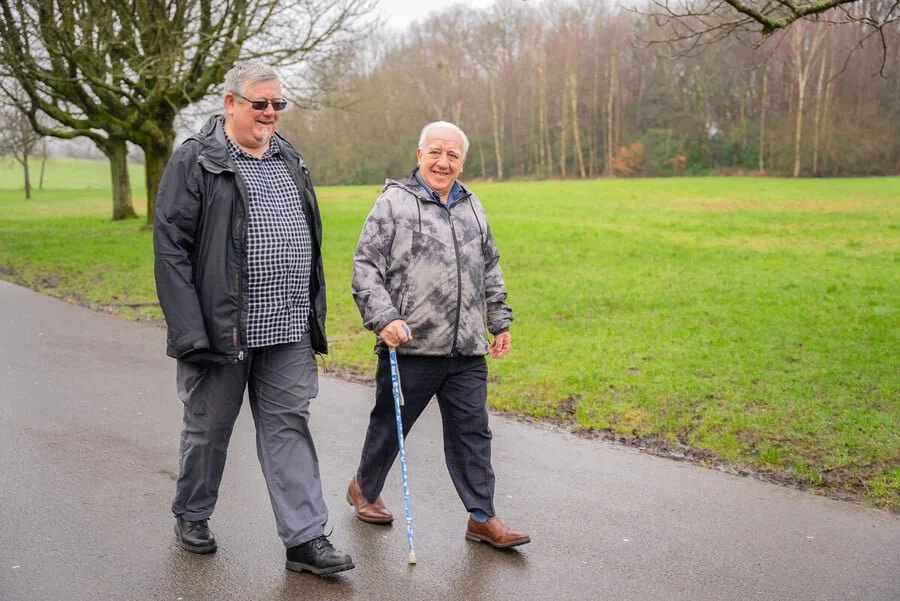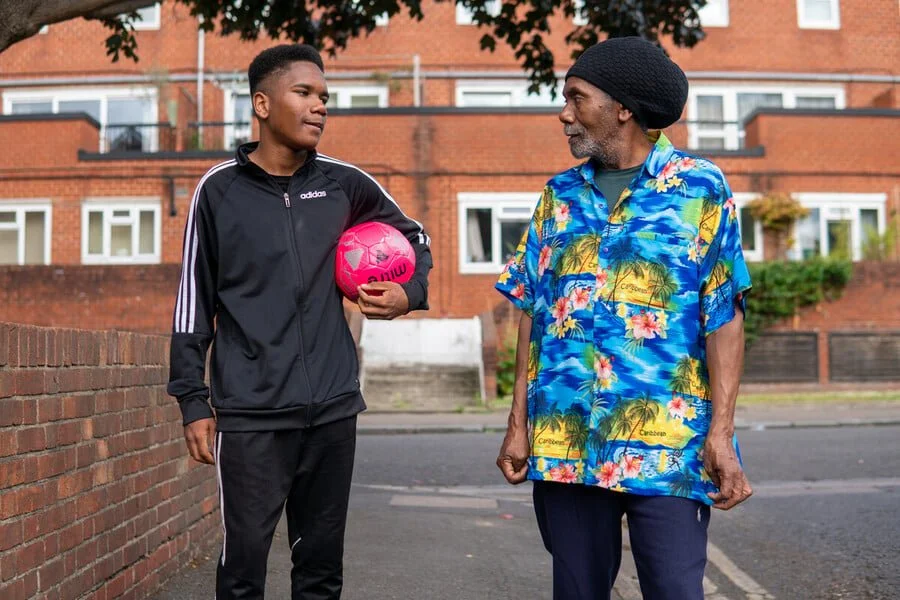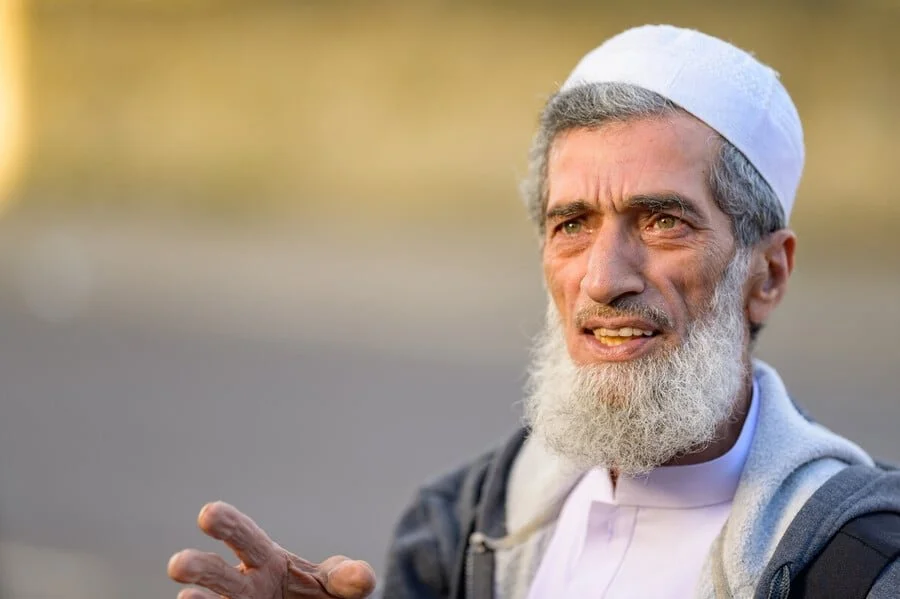It’s Time to Talk: Empowering Older Men to Open Up About Mental Health
It’s excellent that in recent times, people feel more able to talk about their mental health. However, older men are a group that often remains silent.
It’s important that we highlight the urgency for change and make sure older men feel able and know how to get help for their mental wellbeing. Why Don’t Men Open Up About Their Mental Health?
Isolation
One reason why men may experience mental health issues is due to loneliness. Declining health, increased time at home, and loss of independence can all contribute to loneliness in older men.
This can not only impact mental wellbeing, but also leave men without anyone to talk to as people close to them pass away and social circles shrink. This can lead to further isolation, causing men to feel helpless.
As well as this, they may feel that loneliness is a normal part of growing old, and therefore don’t believe their problems are worth seeking support for.
Generational Normaties
Mental health has become more widely spoken about in recent years. Yet back in their day, there was a lot of stigma surrounding mental health.
They may see mental illness as a personal failing rather than a health issue, so they choose not to speak up. As well as this, they were brought up believing that men shouldn’t express their feelings.
Being told to “man up” was something they probably heard frequently, and is now something embedded within them to this day. They might struggle to shift their mindset and understand that being emotionally vulnerable is okay.
Barriers to Accessing Help
Even if they decide they want to seek help, technological barriers can get in the way. Many mental health services use digital apps and online appointments, and this can be confusing to navigate for the older generation.
As well as this, limited income after retiring and a lack of transport can sometimes limit opportunities. In some situations, GPs may focus on more physical symptoms rather than emotional ones, often causing older people to feel misunderstood.
A survey done by over 500 people from different racialised communities showed that 37% were unsure about what kind of support to seek for their mental health. For older men who are a part of an ethnic minority, it’s important that they know how to get the support they need.
Starting Meaningful Conversations
Normalise Discussing Feelings
We need to make sure men feel comfortable opening up. Start by asking open-ended questions like “How have you been feeling this past month?” or “Is there anything you want to have a conversation about?”
This can allow them to say whatever is on their mind and lift a weight off their shoulders. Remember to be patient, it’s okay if they aren’t ready to talk straight away.
It’s also key to validate their feelings where possible. By saying something like “that must be difficult, we can talk about it for as long as you need to”, it shows you’re there for them and acknowledge how they feel.
The Importance of Community
Being part of a community is empowering and can help people feel less alone. If you have a support network around you, it can provide a sense of belonging, particularly for those who have a disadvantage such as a disability, trauma, insecure migration status, or sensory impairment.
Having people to talk to can prevent loneliness and allow older men to open up about their emotions when needed.
Raise Awareness
Social media is a powerful tool for bringing attention to issues that aren’t widely talked about. By posting content online, you can show older people that it’s okay to have conversations about their mental health.
Older Men Can Be Role Models
When older men speak openly about their mental health experiences, it can help others in a similar situation. As well as this, it can show the younger generation that it’s okay to express their emotions and that their feelings are valid.
Through speaking up, older men can also feel like they’ve had a good impact on someone’s life, which can be an amazing feeling.
Train Healthcare Workers
Healthcare professionals need to be able to recognise when older men might be struggling with their mental health.
This also means being aware of symptoms that may be frequently dismissed as unimportant.
It’s Time For Change
Mental health matters at any age. Older men may think that seeking help is an indicator of weakness, but they need to know that it’s a sign of strength.
By listening to older men, offering emotional support, and validating their experiences, we can work together to make a change.
Globe Community Project
We’re a Buddhist-inspired charity, working to make Tower Hamlets a place where everyone feels like they belong and nobody is chronically lonely.
We focus on thosewho need our help the most, including people who are disadvantaged by low income, sensory impairment, disability, poor physical or mental health, insecure migration status, trauma, marginalisation or a combination of these factors.
We deliver a whole range of educational, wellbeing, social, and creative activities that nurture connection among local residents.
We promote cross-cultural collaboration and encourage participation from individuals from diverse backgrounds, helping us to create a more interconnected community.
Find out more about what we do and get involved today.
This piece is by a freelance guest writer, and we’re so glad to share her voice here. You can connect with her on @rosiewithapen.




